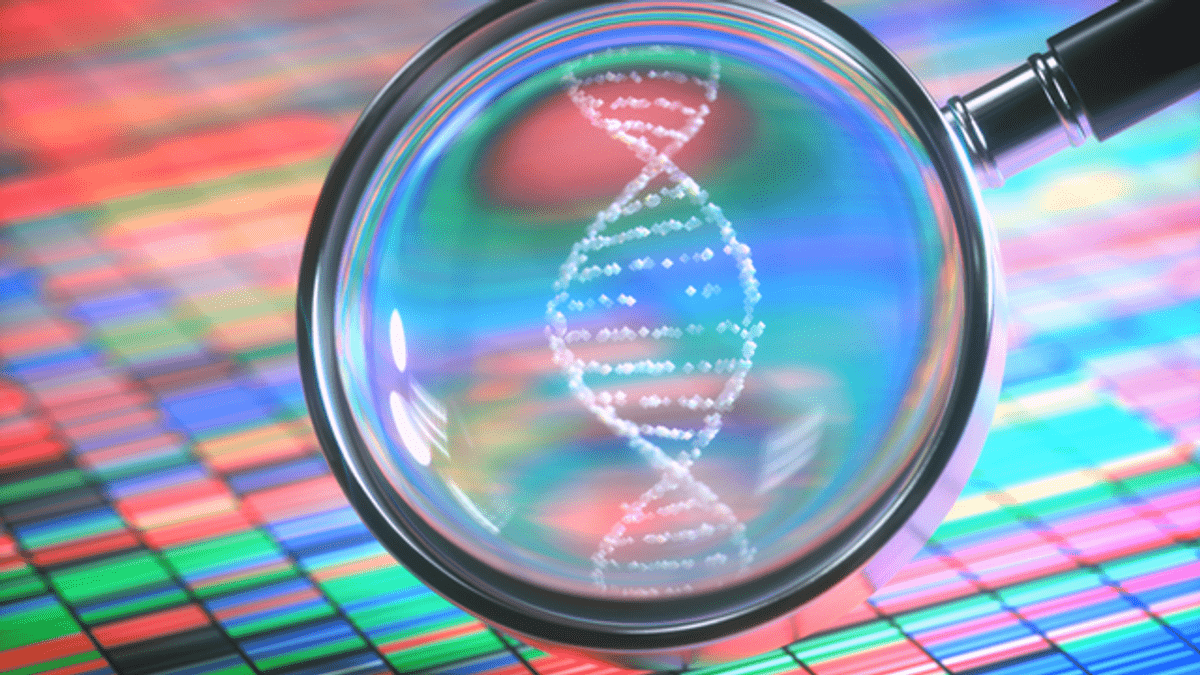Following someone without their knowledge is something many people have considered at some point—whether it’s out of suspicion of infidelity, concerns about dishonest business practices, or simply a desire to uncover the truth. The temptation to “do it yourself” can be overwhelming. However, what might seem like a harmless way to get answers can cause a lot of harm—both to you and to the situation at hand.
Attempting to follow someone on your own can lead to legal issues, safety risks, and unreliable results. Here’s why it’s better to leave surveillance to a professional private investigator.
The Legal Risks

While the urge to investigate may feel justified, there are serious legal implications to conducting surveillance on someone without their permission. Depending on where you live (we are in Texas), surveillance laws can be strict, and you might inadvertently violate someone’s rights.
Invasion of Privacy
In many regions, it’s illegal to secretly track someone’s movements without their consent. If you follow someone onto private property or use hidden cameras without the proper permissions, you could be accused of harassment or invasion of privacy. Professional private investigators are well-versed in surveillance laws and operate within the boundaries of the law, ensuring no privacy rights are violated.
Trespassing
If you follow someone onto private property or attempt to gather information from restricted areas (like a private home or office), you could be charged with trespassing. PIs are trained to conduct their investigations in public spaces and ensure that they don’t step over legal lines. We know the rules and where we can legally operate without putting ourselves or our clients at risk.
False Accusations
If you’re spotted while following someone, there’s a risk they could report you for harassment or stalking. The last thing you want is to deal with the legal consequences of someone misinterpreting your actions. Professional investigators know how to remain discreet, keeping a low profile to avoid any confrontation or accusations.
The Risks to Your Safety
In addition, following someone on your own can be dangerous. Whether it’s a suspicion of infidelity or something more serious, tracking someone down on foot or by vehicle is very difficult and can put you in risky situations.
Personal Safety
You may not realize it, but following someone can endanger your safety. If the person you’re tracking notices you and feels threatened, they might confront you or even retaliate. A private investigator is trained in defensive tactics and can ensure that any investigation is conducted without putting anyone’s safety at risk.
Escalation of the Situation
If the person you’re following gets suspicious or confronts you, things can escalate very quickly. You might find yourself caught up in a confrontation or even a dangerous situation. PIs know how to de-escalate potential conflicts and are trained to handle tense moments without escalating the situation.
The Ethical Dilemmas
When emotions are involved, especially in personal matters such as suspected infidelity or family disputes, it can be challenging to remain objective.
Crossing Ethical Boundaries
If you’re personally involved in the situation, you might be tempted to cross ethical lines. You might push too hard to get answers, or you could misinterpret events based on your emotions. A professional investigator remains objective and neutral, which ensures that the investigation is conducted professionally and that all findings are based on facts, not feelings.
Emotional Stress
Following someone on your own, especially when you’re emotionally invested in the situation, can be mentally and emotionally exhausting. It can cause anxiety, paranoia, and unnecessary stress. Private investigators can handle these types of cases with a level head, focusing on gathering evidence rather than getting caught up in emotional turmoil.
The Lack of Expertise

Surveillance isn’t as simple as following someone down the street or watching them from a distance. It requires specialized knowledge, tools, and techniques that most people don’t possess.
Untrained in Surveillance
When you attempt to follow someone, you’re likely to make common mistakes, such as losing track of the person or not positioning yourself in the right place to gather valuable information. PIs have years of experience in surveillance and know how to follow someone discreetly, without being noticed, ensuring that the investigation is conducted efficiently.
Failure to Gather Reliable Evidence
In addition to the logistics of surveillance, there’s the challenge of capturing accurate and reliable evidence that can be beneficial and/or useful. When you follow someone yourself, you may misinterpret what you observe or fail to gather critical evidence. As professional private investigators, we have the skills to record and document findings thoroughly, ensuring that all evidence collected is valid and can be used in court if necessary. Our expert testimony can also carry great weight in a court deposition and can ultimately sway the case in your favor.
Misrepresentation and The Risk of False Information
When you’re emotionally invested in a situation, it’s very easy to misinterpret what you see. People often read too much into behaviors and actions when they’re personally involved, leading to false conclusions.
Misinterpretation of Behavior
If you’re following someone because you suspect something is wrong, it’s easy to see things that aren’t there. A seemingly harmless interaction could be misinterpreted as something suspicious, leading you to draw conclusions that aren’t backed by facts. As professional private investigators, we are trained to observe objectively. We know how to gather information without jumping to conclusions, ensuring that the evidence we collect is valid and reliable.
Confirmation Bias
If you’re already convinced that something’s wrong—whether it’s infidelity, fraud, or some other issue—it’s easy to fall victim to confirmation bias, where you only notice things that support your beliefs. This could lead you to miss important details that might contradict your suspicions. A private investigator can bring an unbiased perspective and ensure that the investigation is focused on facts, not emotions.
Professionals Get Professional Results
When you attempt to follow someone on your own, the results are often incomplete or inaccurate. You may gather inconsistent or unreliable evidence that doesn’t provide the clarity you need because you may be too emotionally invested and/or you might simply not know what evidence will be useful later on.
Inconsistent or Incomplete Information
Even if you succeed in following someone, you may miss key moments or fail to gather useful evidence. Professional investigators know how to conduct thorough investigations, ensuring that every step is documented and every lead is followed up on. When a professional PI does it, it is more likely to lead to clear and actionable information.
Risk of Ineffectiveness
Attempting to follow someone on your own is often inefficient and ineffective. If the investigation doesn’t yield results, it could be a waste of your time, energy, and resources. A PI has access to databases, surveillance equipment, and professional networks that make investigations more successful. We also know how to structure investigations to maximize the chances of uncovering important information.
Protection of Your Privacy and Data
In today’s digital age, it’s tempting to use technology like GPS trackers, social media, or tracking apps to monitor someone. However, these methods can lead to serious privacy violations.
Legal Use of Technology
Using digital tools without permission is a violation of privacy laws. For example, secretly installing a tracking app on someone’s phone can be illegal in many jurisdictions. Private investigators have access to legal and ethical tools that allow us to gather information without violating privacy laws.
Conclusion: Let the Professionals Handle It
While following someone yourself may seem like a quick and easy way to get answers, it’s fraught with legal, personal, and ethical risks. Instead of putting yourself and others in harm’s way, consider hiring a professional private investigator. Our expertise, objectivity, and legal knowledge allow us to gather the information you need without compromising your safety, privacy, or peace of mind.
If you suspect something’s wrong or need help uncovering the truth, don’t take matters into your own hands. Contact us today to ensure that the investigation is handled legally, ethically, and effectively.

Shaun is the owner of Red Door Investigations. He has a Ph.D. in psychology from the University of Texas at Arlington and is a licensed pilot and certified scuba instructor.








